I have been struggling to find a definitional guide to the adventure genre and its conventions for a while. At least, one that I agree with. I find Big Genre’s definitions unconvincing and poorly thought out at their best, and downright subversive at their worst. Regardless, after a couple of years of stewing on this problem, I feel a series of essays brewing. Ultimately, the purpose of this essay is to try and hyperstition new genre conventions, and subsequently a new style of stories.
So for this essay, I want to start with one of the core promises I think a good adventure delivers on—The Cure To Male Loneliness. Hanging with the bros is one of the most integral fantasies a classic adventure should deliver on. This could further codified as a brotherhood or camaraderie theme.
But first, let’s do an autopsy and address some ways the adventure genre has been degraded, erased, and subverted over the years.
Starting with the most obvious, the categorization itself, it is no longer just called Adventure, but rather, the Action-Adventure genre. And in the most egregious instances, just the action genre. Additionally, everyone now thinks that if they put an explosion or a fist fight every third page it makes for grand adventure.
This forms a sort of feedback loop that gets adventure fiction classified as pulpy schlock with little redeeming intellectual value. Or take the idea that adventure action-adventure fiction can’t or shouldn’t be cerebral (Michael Crichton would like a word). Or literary! Think Moby Dick or The Heart Of Darkness. That it should just be car chases, gun fights, and action set-pieces. And on top of this, action often makes for incredibly boring fiction because fiction is all built around tension. Subsequently, action acts as the release valve for said tension. So, if you are hitting the release valve every third page, it all gets a bit tiresome and boring. You can see this phenomena play-out in real time when you fall asleep during the 20 minute action climax of the newest Hollywood slop. The world is exploding and you are asleep, anon. Why? Because it’s boring.
StoryGrid has totally dropped Adventure from the genre tag and just refers to it as the Action genre now. This is tantamount to total erasure for the Adventure genre. And I say that because StoryGrid is ground zero for Big Craft and Big Genre not only in trad publishing but self-publishing as well. You see, StoryGrid is Oz in the castle called “write to market slop.” We can learn a lot by taking a critical look at what normies are being told to create.
Here are the obligatory moments for the Action-Adventure Action Genre according to Story Grid.
You should read the StoryGrid definition, because it’s quite stupid and largely nonsense. And it really really shows not only how misunderstood men are by the industry but how goofy the industry is when it even tries to think about men’s stories. And I am trying very very hard to keep this from devolving into a rant about how literally any and all media that appeals to men has been ritually massacred.
Also can we acknowledge what a recent invention and feminized beat this is.
Imagine Conan or James Bond “lashing out,” like some effeminate prima donna. This was not a beat 80 years ago. It just wasn’t. (I swear if you come at me with some Joseph Campbell mumbly-gook…")
And why under the Action Genre is The Hobbit, Treasure Island, and The Wonderful Wizard of OZ all listed as trope or convention codifiers. All are clearly Adventure stories more than they are action.
We all know that Adventure is a real genre with real fans (mostly men) and we know it when we see it, so then where did it go? How has it been defined away. Lumped in with Action. As stated earlier, the purpose of this essay is to start the process of hyperstitioning new genre conventions, and hopefully now you see why we even need to.
So how do we do that?
Enter what I would like to call the “hangout plot.”
Some examples of the hangout plot would in my opinion be Lonesome Dove, Once Upon a Time in Hollywood, and Rio Bravo. Or think about Moby Dick, The Wild Bunch, or Master and Commander. Camaraderie would appear to be a pretty big genre convention, but I have never seen anyone point it out.
In the article A Brief History of the Hangout Film, Jake Orthwein postulates:
“Unlike the traditional, narrative-driven film, the hangout film doesn’t rely on tension to maintain interest. Goal-oriented characters with burning wants and needs are traded for principled ones who are just trying to get by. This difference is not merely a matter of narrative strategy; it’s a different view of life. From the standpoint of the hangout film, goals and conflicts aren’t the substance of life but a distraction from it. The emphasis is shifted from action to reflection, from doing to being. These films take to the extreme the old cliché that “it’s about the journey.” Road pictures, for this reason, often make great hangout movies.”
And this sort of ties together my central contention with the Action-Adventure genre as it stands. Action set-pieces, lone-wolf heroes, plot-plot-plot-and-more-plot, are all anathema to “it’s about the journey.” If Adventure as a genre had even a single tag-line one would imagine it to be “it’s about the journey.”
But apparently its actually:
- Story Grid
What kind of bullshit… that’s a definition, but not for adventure?
I am telling you. Adventure as a genre has been systemically undermined and erased. Everything about true adventure is anathema to current day safetyism, societal mothering, and general feminization.
Adventure fiction is and always has been about hard or strong men who go looking for danger because they live for it. That is who they are. They are Gus McCrae from Lonesome Dove. They are Bodhi and Johnny Utah in Point Break. They are The Dirty Dozen, The Wild Bunch, and The Professionals.
It is about answering an ad in Soldier of fortune magazine that looks like this.
Adventure genre has been subverted by people who have either no experience with actual adventure or actively hate the genre altogether. Anyone who has served in the military will look back incredibly fondly on the relationships they made while in, even if it was the absolute shittiest of times. That’s called camaraderie. Camraderie and brotherhood are at the heart of a good adventure. And that requires a group of men. Not a group of people. That is called Found Family, and it’s a fine trope for blue-haired baristas, but that’s not who I am writing for or what I like to read.
The Cure to Male Loneliness
All this to say, the central promise (or fantasy) of the adventure genre is camaraderie. Everyone grasps this subconsciously, which is why it is a meme. But where has it been intentionally codified as a genre convention? The answer is nowhere. At least not that I can find.
And I posit that one way to reinvent the adventure genre is to deliver on this promise and this very masculine need. One that seems to have been erased. The last 6,000 years of civilizational progress has been won by the war-band, the mannerbund, the army unit, the tribe, and the gang. Not the Lone Wolf. We can do away with the lone wolf and the reluctant hero. Or at least less of it. Instead, we need a trusty group of men that can bounce off of each other and bond while going through the shit.
Using the hangout formula we can opt for less plot driven adventures and more character driven ones. Sure, you can still have action set pieces and you still need a plot. But really, what dudes want when they read adventure fiction is the cure to male loneliness. Which means spending more time having your characters just hang-out and be fully fleshed humans. We don’t have to rush around from set-piece to set-piece with no time to breathe. It means taking some cues from the literary world and making the adventure novel a bit more character driven.
Like once a week someone publishes an article about men not reading, and it almost always mentions memoirs as one of the genres that men enjoy reading. Common sense and personal experience tells me they aren’t reading Eat, Pray, Love as much as they are reading military memoirs, gang and crime memoirs, etc. I posit that the reason memoirs are so popular among men is because they are essentially adventure fiction. And a key part of many a good memoir, is the friendships made a long the way.
The adventure genre is ripe for innovation. In fact, it’s more or less completely dead. But I think we can resurrect it. But that starts with thinking critically about what promises stories and genres are really looking to deliver on, who our audience is, and then analyzing where current conventions can be changed.



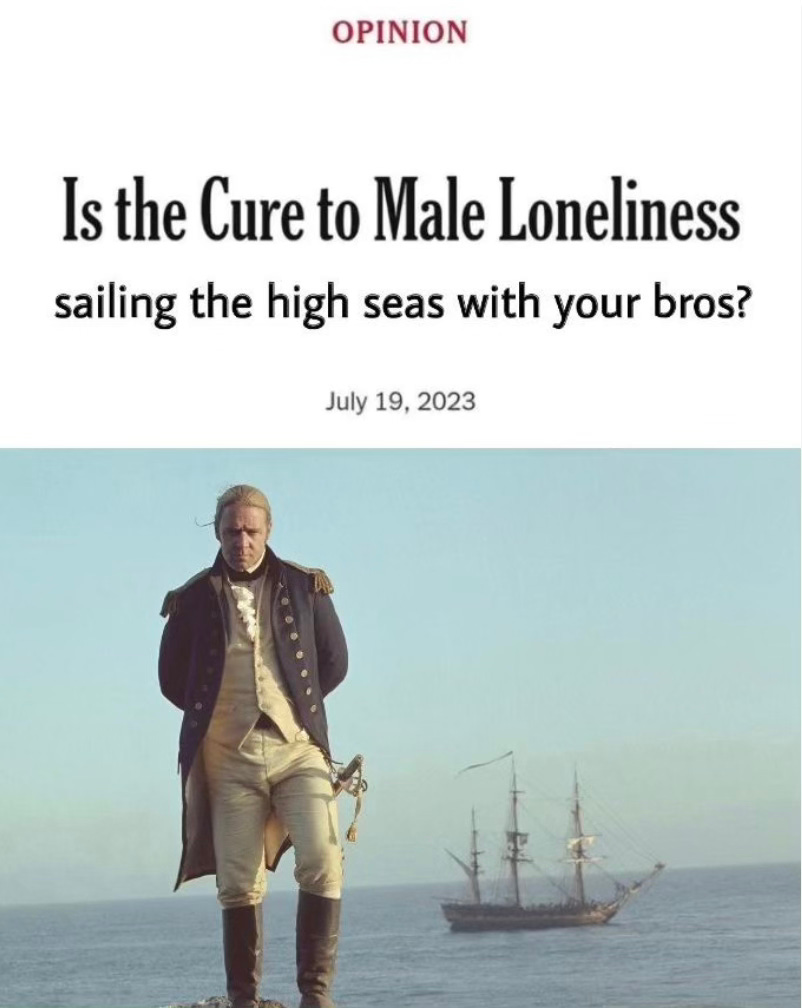

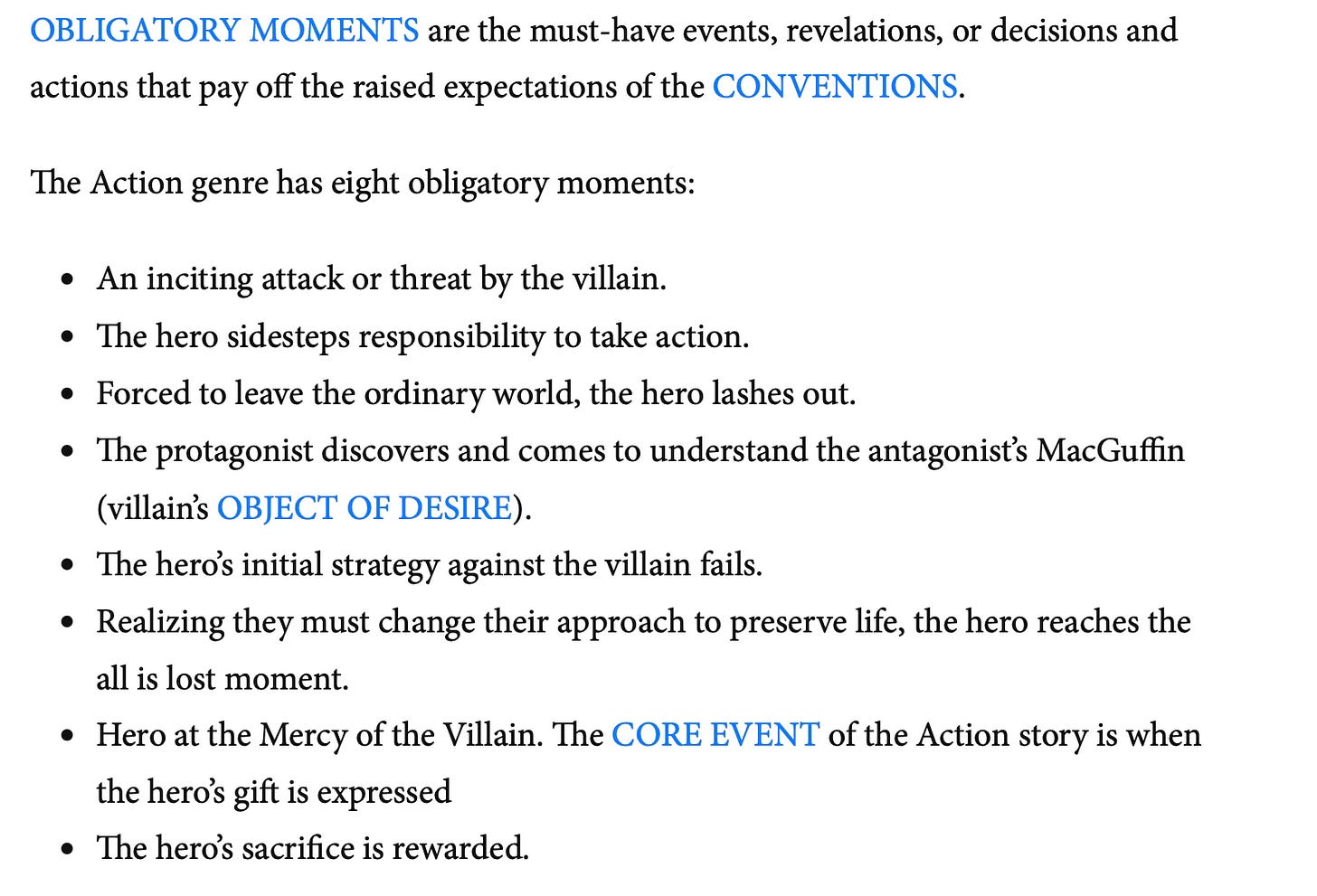

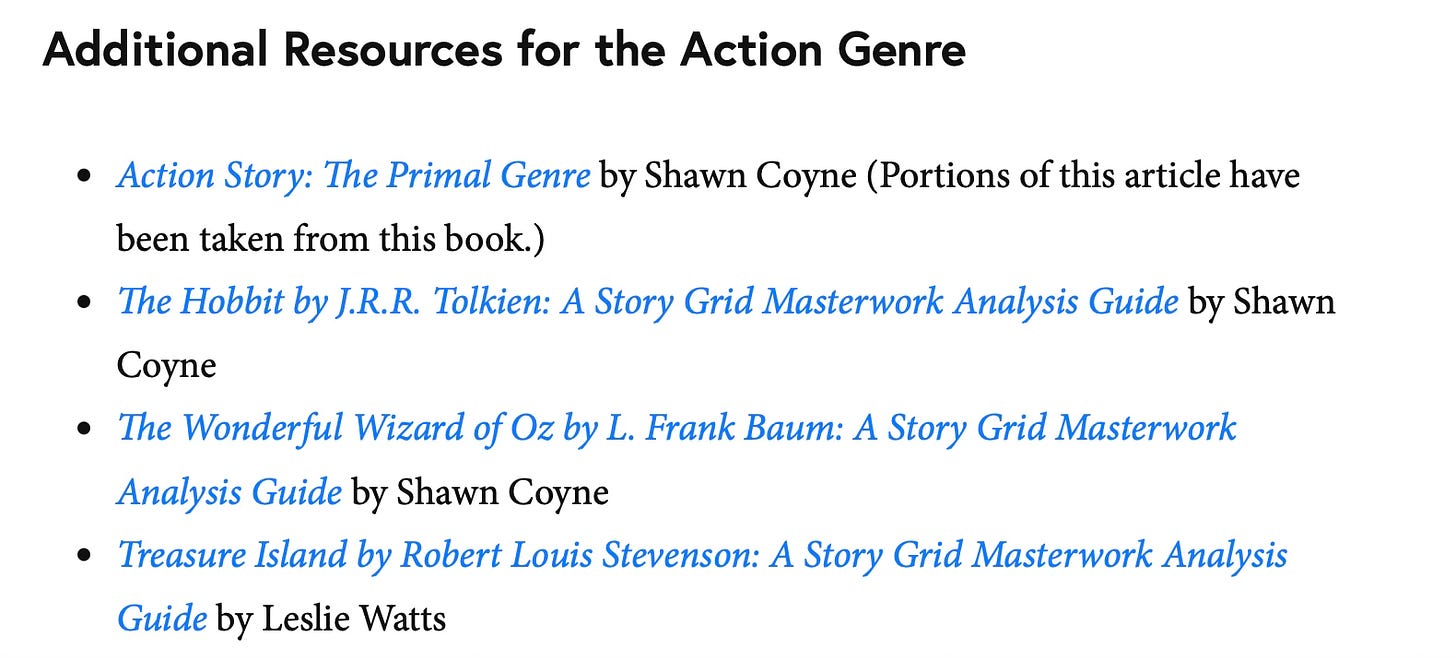
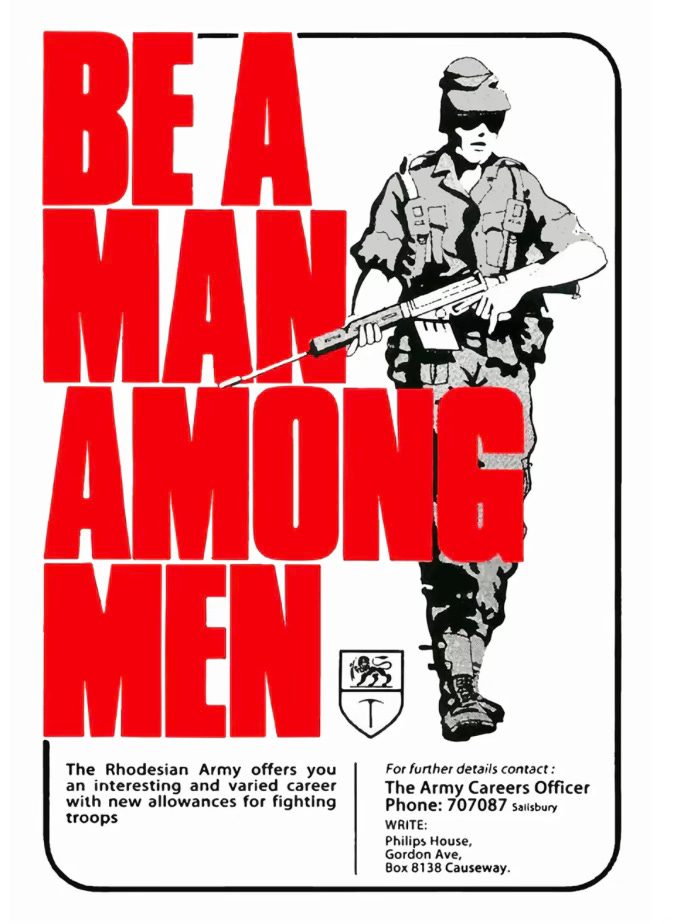
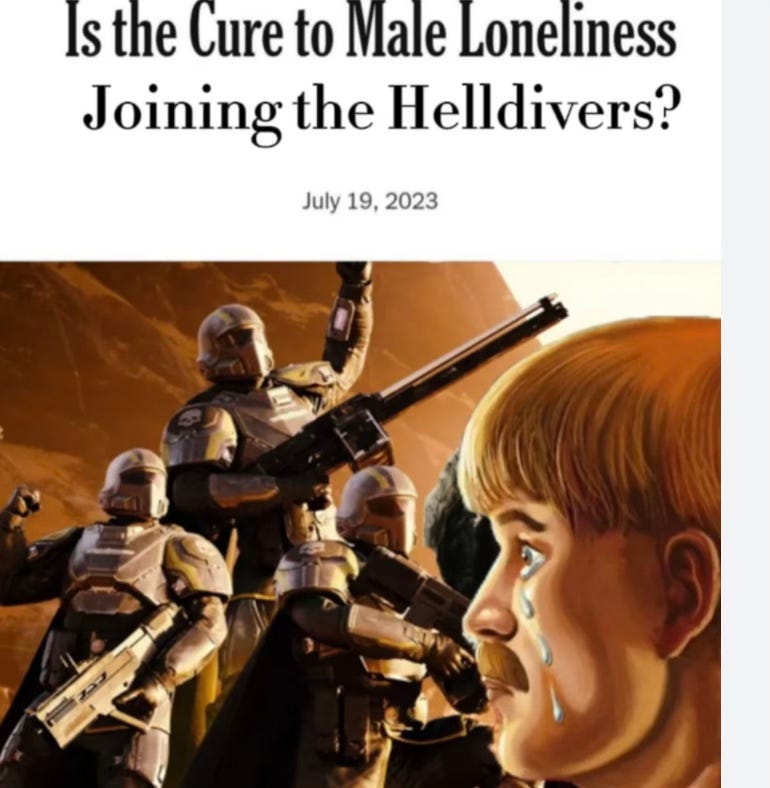
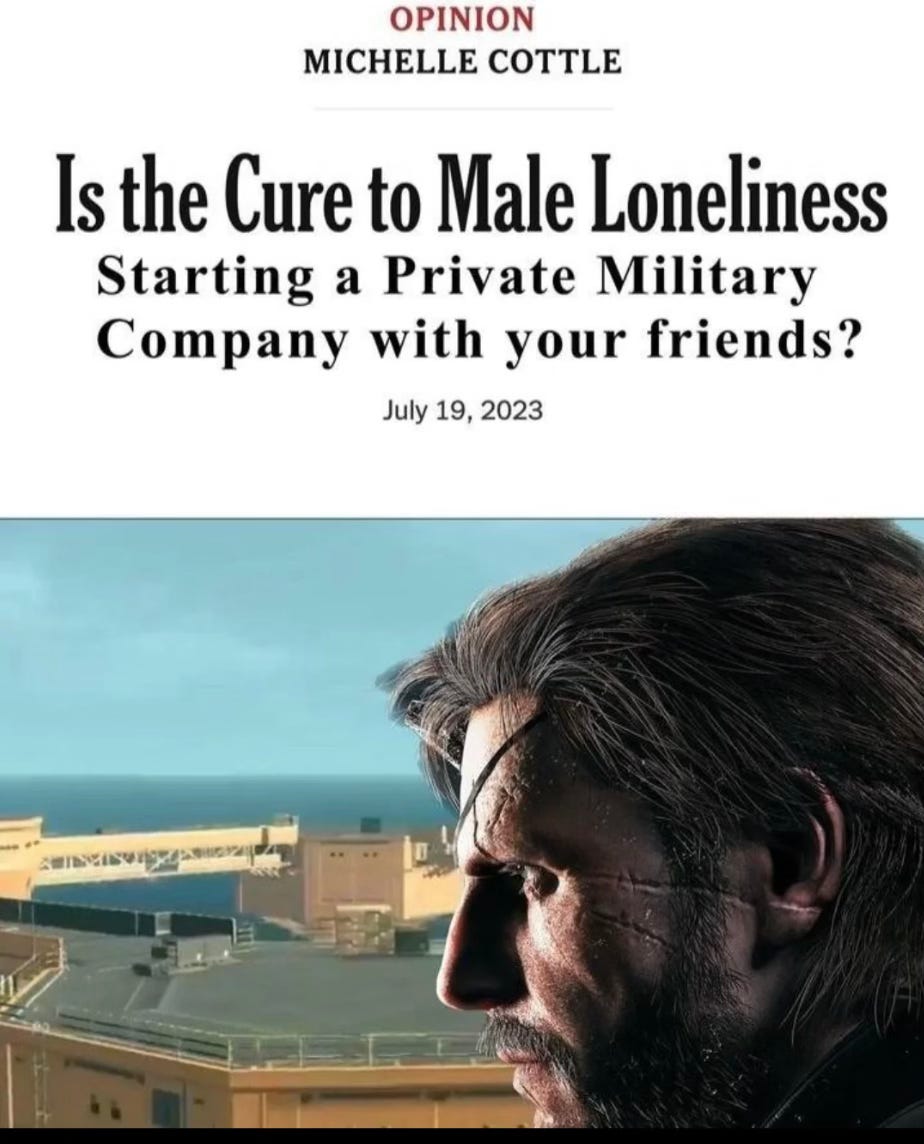

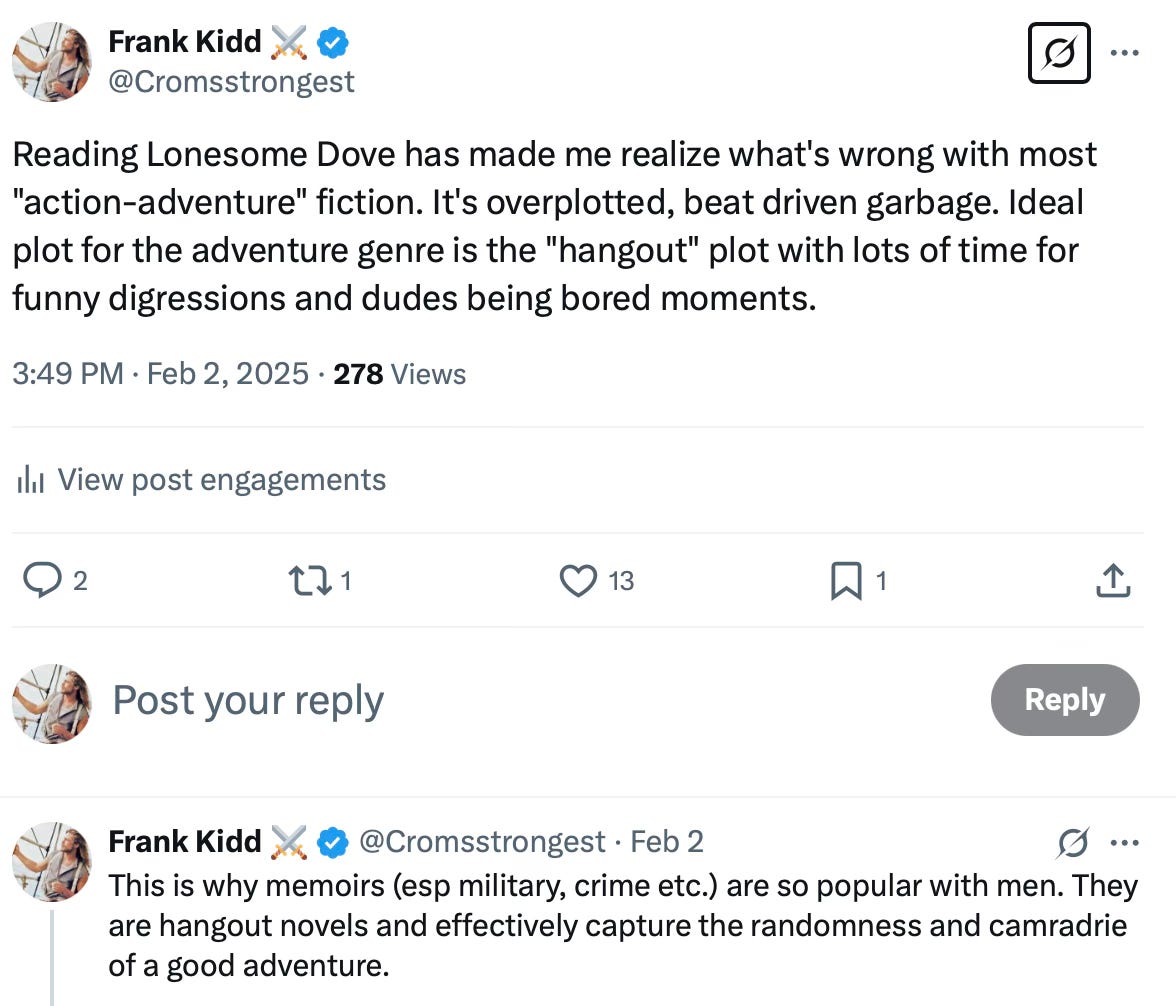
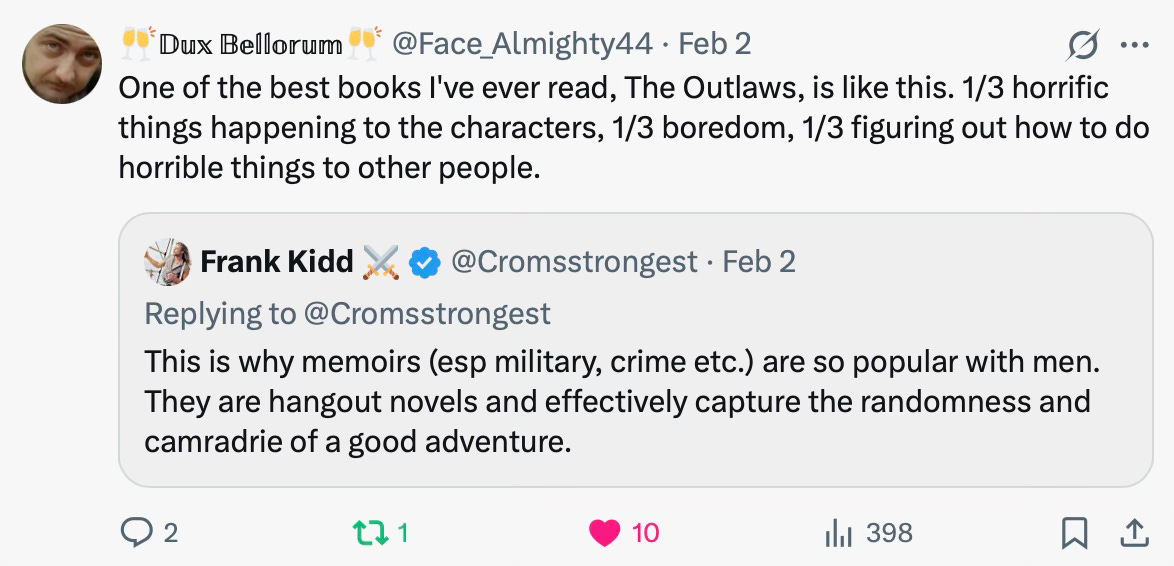
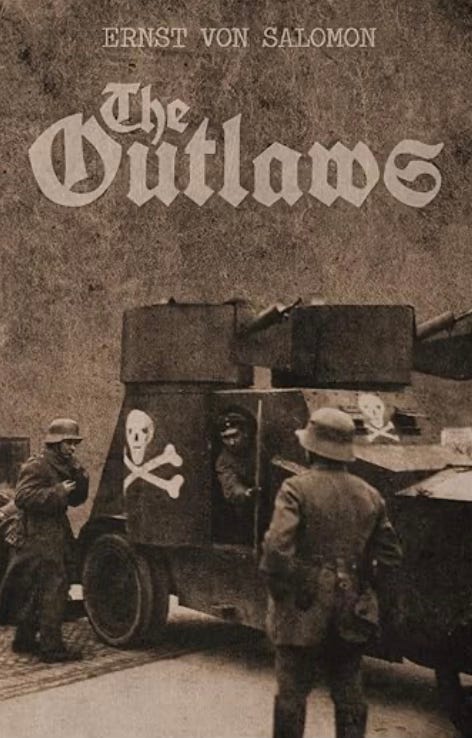
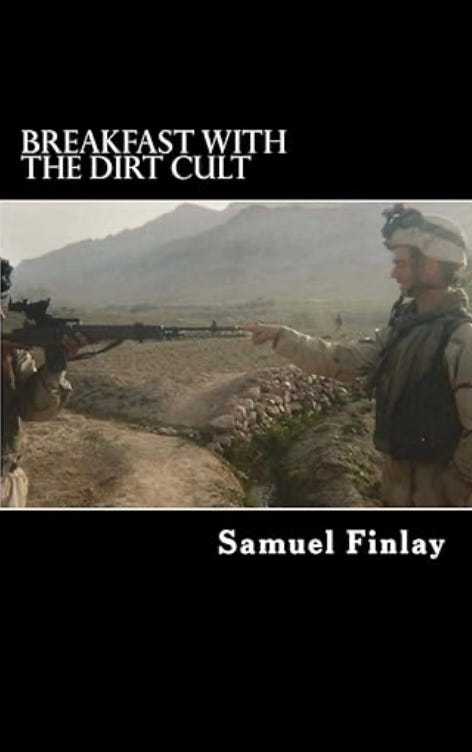
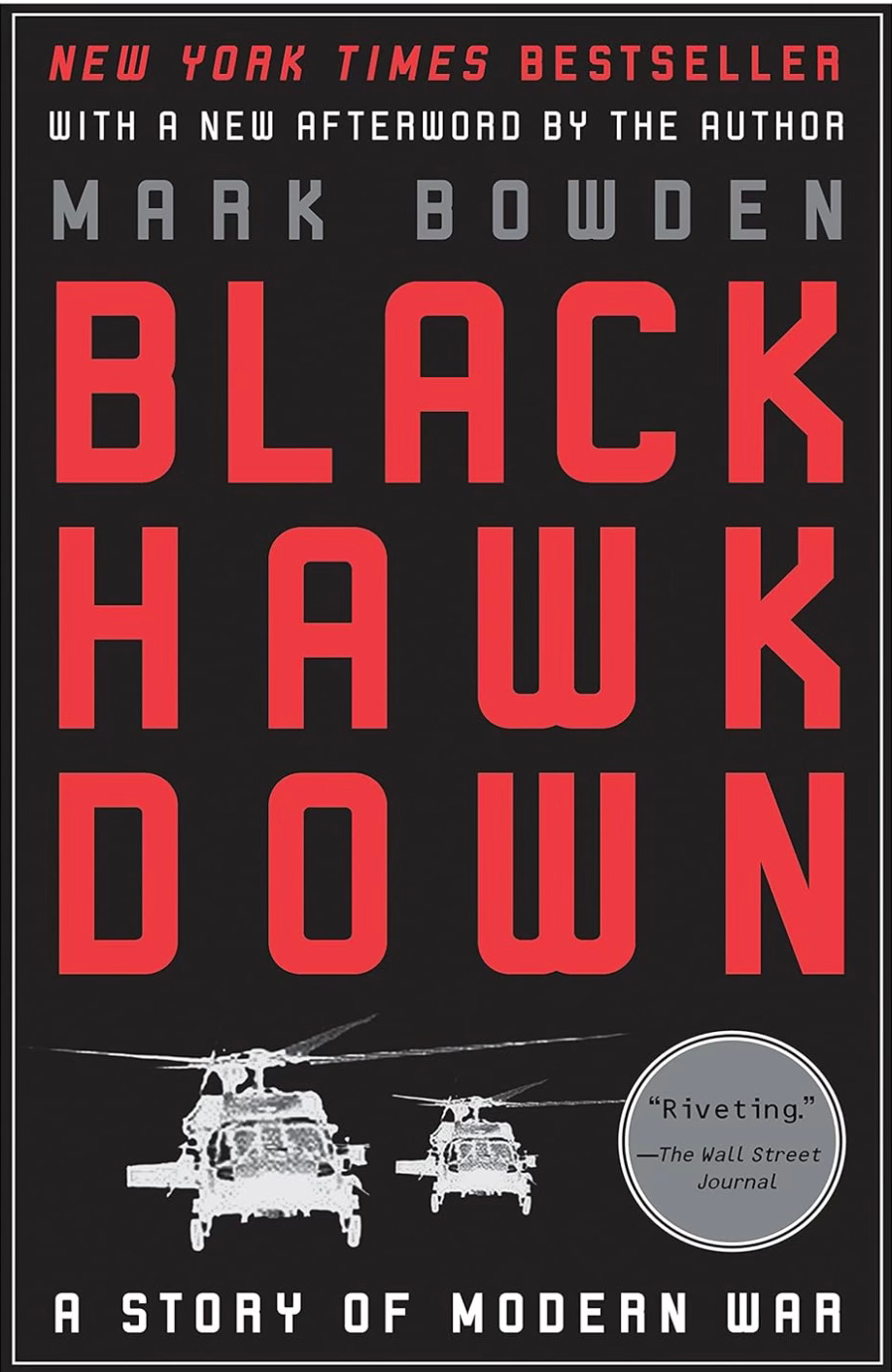
Excellent observations Frank. I understand I’m not the target audience, being female an all, but I’ve missed adventure lit and the characters that grow inside it. Too much emphasis on action for sure. My personal favs are Children’s lit. Kipling and Stevenson. I savor them. Boys becoming men. Men guiding them. Capers. Total sucker for a good caper.
I thought the cure was taking back Constantinople? Lol good article.